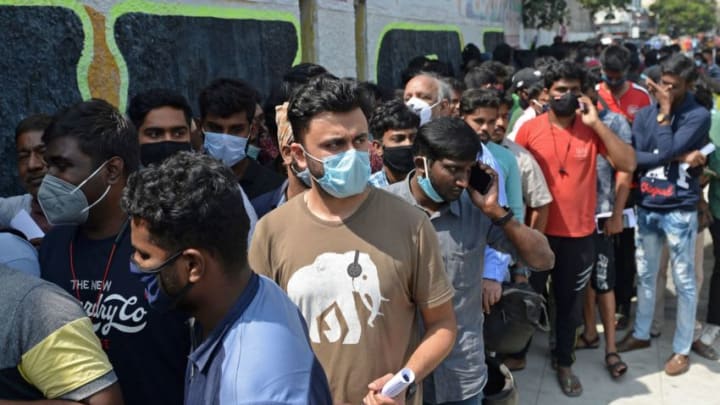India is the hub for all good things because it has a rich history of medicine, religion, civilization reforms and has grown leaps and bounds. The country also suffered during the on-going COVID-19 pandemic.
The efforts put in place by the ruling government helped the people of the Republic of India as they curbed the impact of the deadly virus before it became problematic. It is undeniable that the unexpected situation put the Indian nationals inside their four walls. As concerned as it looked in the first place, the GOI has set things in perspective.
We all know that things have changed over the last year, and coronavirus took center stage. The work took a decline globally, as did the GDP and the employment situation. People worked according to the guidelines, and things came under control, but that doesn’t mean that things are ok everywhere. With the new mutant of the coronavirus causing concerns, the Ministry of Civil Aviation has issued new guidelines. The same needs to be adhered to if one decides to travel to India.
Here are some key points to understand from the new guidelines that have become effective now:
1) A self-declaration (SDF) for Covid is required online at the Air Suvidha portal before travel commencement.
2) Upload the negative COVID-19 RT-PCR report at www.newdelhiairport.in.
3) Authenticate your test report with a self-declaration, and the test report should be within the last 72-hours. It should be in line with the guidelines of the new norms in effect.
4) While boarding the flight, only asymptomatic travelers will board after the thermal screening.
5) If an International traveler arrives inside the Republic of India through the sea/land ports, they would still have to comply with the same guidelines. The only change is that the online registration facility is not available, as per the civil aviation ministry guidelines.
Attention Travellers!
— MoCA_GoI (@MoCA_GoI) February 20, 2021
To reduce the risk of importation of mutant strains of SARS-CoV-2, SOPs for International Passengers arriving in India have been updated. Make sure you take all the necessary precautions and follow all the guidelines while travelling. pic.twitter.com/5lZtsk17Mv
6) Airline must note travelers from/to the United Kingdom, Brazil, and South Africa in the past 14 days of travel history. Passengers should be validated accordingly for proper screening.
7) Every traveler that is coming/traveling through flights that started in the UK, Europe, or the Middle East needs to go through a mandatory self-paid confirmatory molecular test when they arrive at the points of entry in the Indian subcontinent.
8) Every traveler from Europe and the Middle East has to provide samples at the pre-described location. A negative report means that travelers need to self-monitor themselves for 14 days. A positive report confirms that they will undergo treatment as per standard health protocol.
